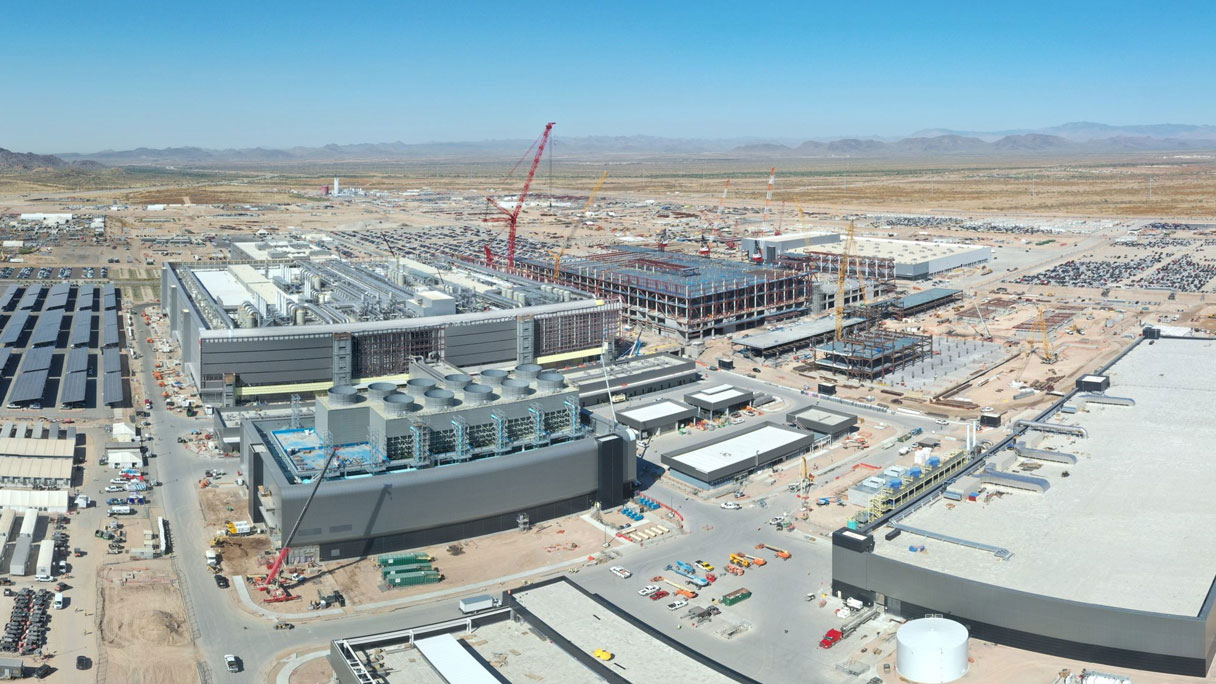
TSMC U.S. President Rick Cassidy said in an October 23 webinar that its Phoenix, Arizona fab achieved a 4% better yield than comparable manufacturing sites in Taiwan. According to Bloomberg, this is a key metric for TSMC, especially as it typically reserves its most advanced and efficient facilities for its home country of Taiwan. It’s also a win for Washington, especially as TSMC, one of the largest CHIPS Act awardees, is slated to receive $6.6 billion in direct funding from the federal government.
The company faced several challenges in founding its Arizona facilities, including issues with its labor practices and differences in work culture. This has led to delays, inevitably pushing back the first factory’s planned full operational schedule by one year, and delaying the second fab’s start date to 2027 at best, with the possibility of 2029. Nevertheless, it seems that the company has faced its challenges, especially as it was able to attain production yields on par with its Taiwan fabs early last month.
This achievement was followed by news that Apple's A16 Bionic SoCs are now produced in Arizona, and that AMD will soon start making its AI HPC chips at the same location. Some analysts predict that TSMC’s overseas manufacturing capabilities will likely only comprise of about 10% of its global production capacity. But this is already an achievement for the U.S., especially as its works to return semiconductor manufacturing back within its borders as a means to protect its chip supply chain from regional instability.
Bloomberg says that the company has no comment yet about what Cassidy said regarding its yield, although TSMC CEO C.C. Wei said that the first Arizona fab has already begun engineering wafer production of 4nm chips, and the results were “highly satisfactory, with a very good yield.” This could encourage the Taiwanese chip maker to expand its Arizona facility, especially given that it only has one manufacturing facility with only one more planned on a site that can accommodate at least six fabs. This will make the company a prime recipient for another award if the White House were to ever implement a second CHIPS Act investment program to further expand America’s semiconductor manufacturing capacity.







